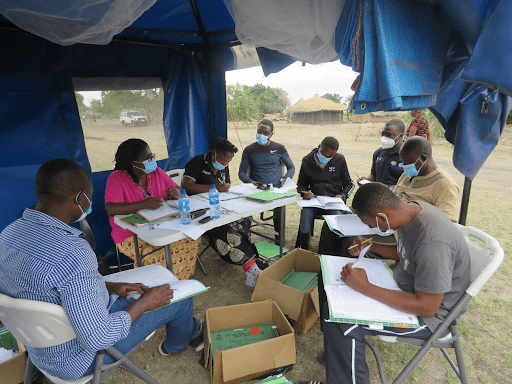This website uses cookies so that we can provide you with the best user experience possible. Cookie information is stored in your browser and performs functions such as recognizing you when you return to our website and helping our team to understand which sections of the website you find most interesting and useful.
A tour of JSI’s supply chain solutions
Health supply chains are the backbone of health systems and essential to positive health outcomes. JSI works in more than 28 countries at the intersection of supply and demand using supply chain solutions to bolster service delivery and program performance in support of an array of programs including HIV, reproductive health, malaria, maternal health, neglected tropical diseases, and community health.
Our projects highlight how we operate at the nexus of supply and demand to meet clients and consumers where they are and in ways that work for them. Each example explores different health program areas highlighting the integral role of supply chains in improving health and wellbeing.

Supply Chains Save Lives
KENYA
JSI has proudly worked alongside and in support of key partners for more than 35 years to improve health and wellbeing of all Kenyans. inSupply Health, as one of several JSI affiliates, provides customized supply chain solutions to the context, demands, and needs of the markets in which they operate.
The SCALE project, implemented by inSupply and JSI, is using human-centered design to remove supply and health system barriers affecting migratory populations in northern Kenya. We worked with community health workers (CHWs) to co-design c-stock to improve resupply so that these hard-to-reach populations have the health supplies they need where, when, and how they want to receive them.
In Kenya, we support health program areas including immunization and child health. Our team of experts share unique supply chain considerations and lessons when introducing the human papillomavirus vaccine.
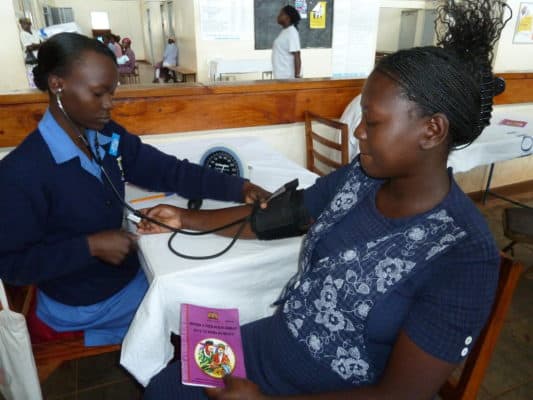
MADAGASCAR
The Madagascar Community Capacity for Health Program works with the Ministère de la Santé Publique Malagasy to empower 10,000 CHWs on an integrated package of health services and related supplies in 34 districts. Working together, we connect supply and demand, linking CHWs to resupply points for last-mile availability of services and supplies in these remote communities.
We also support the malaria control program to build capacity in the quantification of medicines and rapid tests, and support CHW provision of services and supplies.
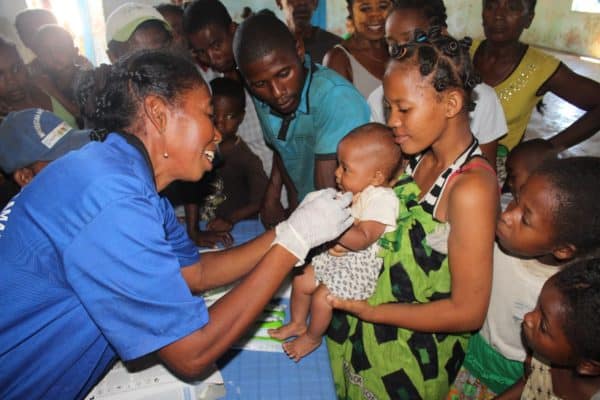
ZAMBIA
Our current activities build on decades of work strengthening health services, systems, and supply chains to increase access to critical health services and supplies in Zambia. Through DISCOVER-Health, we work with the Zambian government to provide access to services and products for HIV control, reproductive health, family planning, and maternal and child health by helping to ensure that all sectors—public, subsidized, and private—work together to deliver high-quality health services and product choices for all.

Through the USAID-funded SAFE program in Zambia, we work with the MOH to ensure the availability of antiretroviral (ARV) drugs for multi-month dispensing. This reduces stress on pharmacy services (and supply chains) and, more importantly, the burden of monthly clinic visits for clients. When COVID-19 hit, multi-month dispensing proved essential and strengthened person-centered care by ensuring virally suppressed clients were able to get six months of ARV drugs at community pick-up points and small clinics near their work or home.
Zambia is also home to John Snow Health Zambia Ltd. (JSH), a local company legally registered in Zambia and a JSI affiliate. JSH, with JSI as a partner, implements the USAID Electronic Supply Chain Management Information System project to build capacity to track and trace products and process orders of health commodities. This work equips the government and local supply chain partners to take full ownership of the electronic logistics management information system by 2025.
SIERRA LEONE
Since 2000, we’ve assisted the Sierra Leone government with improving the health system. To strengthen the immunization supply chain, we helped conduct a system design analysis to streamline how facilities get their products, which reduced costs and the burden on health care workers, and increased availability of vaccines when and where they are needed.
NIGER
In Niger, we have been providing technical assistance to the Ministry of Health’s Immunization Division since 2013 to improve supply chain management capacity. We are also working to strengthen supply chains to respond to COVID-19. Our support to improve supply chain management included optimizing the vaccine distribution network so that vaccines can reach people no matter where they live.
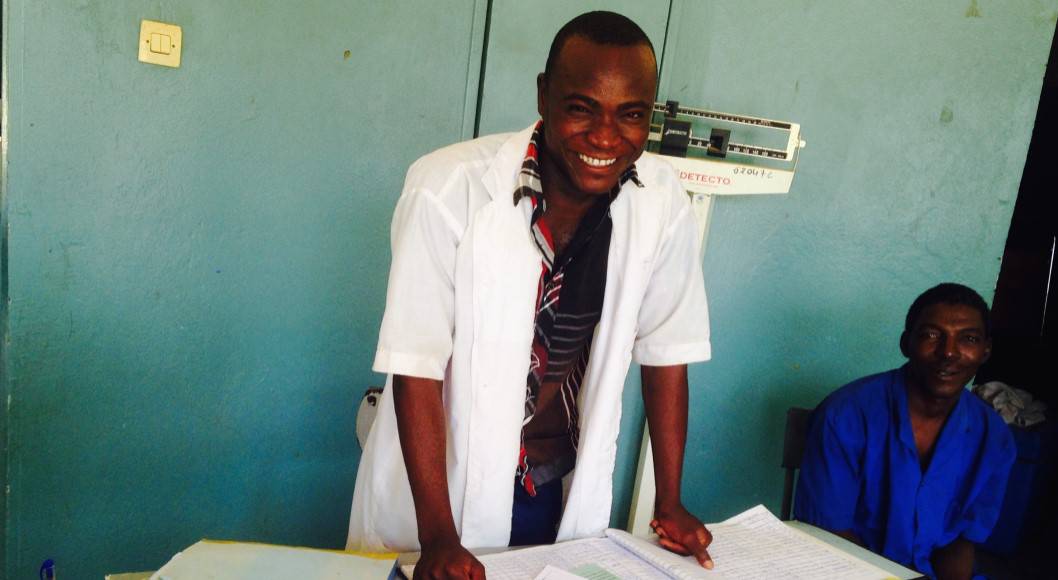
NIGERIA
In Nigeria, we work with the Federal Ministry of Health and other partners to accelerate national health goals and outcomes through the public and private sectors. To improve access and options to voluntary family planning services and supplies, we support a total market approach, last-mile distribution, self-care for sexual and reproductive health, and scale-up of DMPA-SC as part of the broader contraceptive basket.
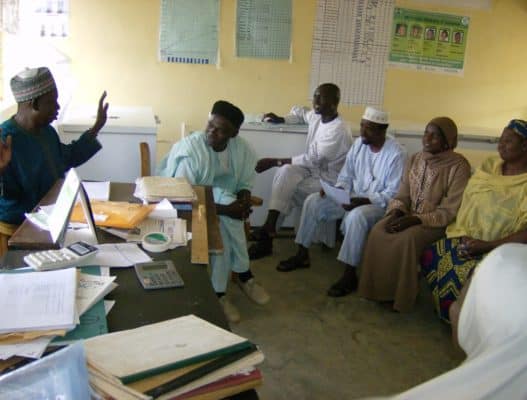
Through the USAID-funded Total Market Approach project, we are helping the Nigerian government expand access to HIV services and supplies through the public and private sectors in four states. We have oriented more than 300 private-sector pharmacists on referral and refill for pre-exposure prophylaxis and HIV self-testing, and link them to accredited local distributors for high-quality supplies.
GHANA
At the last mile, JSI’s Ghana Strengthening the Care Continuum project focuses on strong data visibility and use. We help collect CSO data, facilitate health facility reporting, and share lessons from Ghana’s e-tracker to optimize the use of Ghana’ Integrated Logistics Management Information System implementation.
We are proud to be part of the National Immunization Technical Advisory Group. We support COVID-19 vaccine introduction and evaluate different vaccines for submission to the Ghana FDA in surveillance of adverse events and security for vaccines/vaccinators.
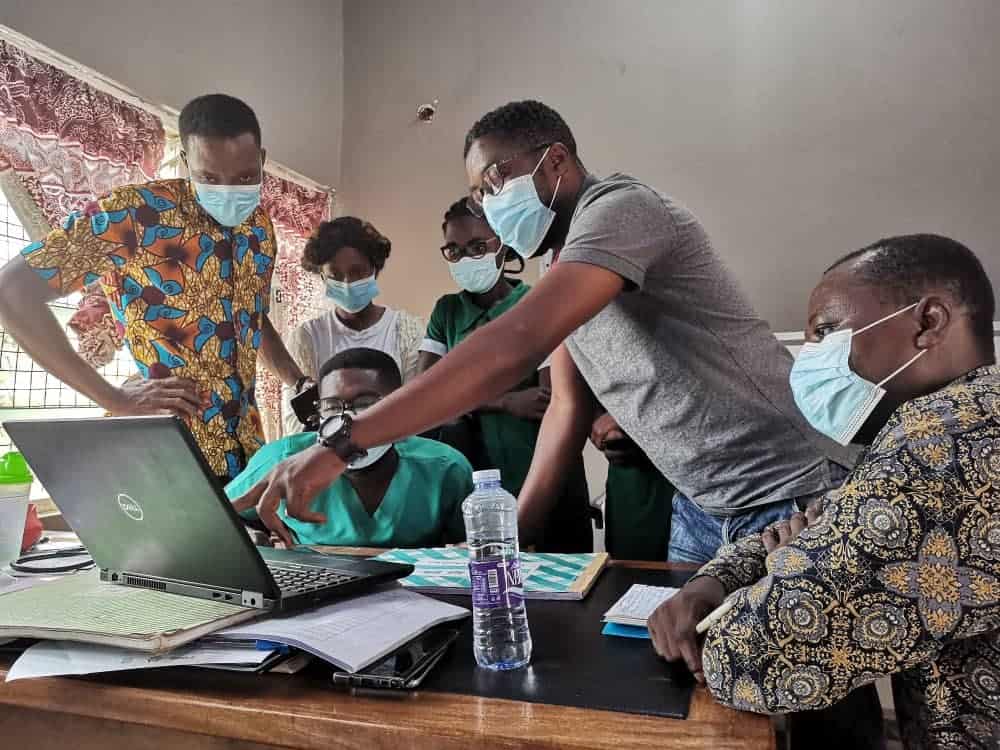
ETHIOPIA
As a result of long-standing partnerships supporting programmatic areas across the health system, we have seen significant gains in health programs and outcomes in Ethiopia. Supply chain strengthening has been integrally embedded in all of our projects and programs.
JSI’s Digital Health Activity, funded by USAID, is working with the Government of Ethiopia to build sustainable, resilient, and interoperable health information systems and ensure health commodity traceability. The Ethiopian National Traceability System for health commodities is an interagency system integration between the Ethiopia Food and Drug Authority and the Ethiopia Customs Agency’s Single Window system. This integration has improved data accuracy and provides up-to-the-minute visibility of health products coming into the country.
The Last 10 Kilometers 2020 Project is supporting the Ministry of Health in connecting supply and demand at the community level as part of primary health care reforms.
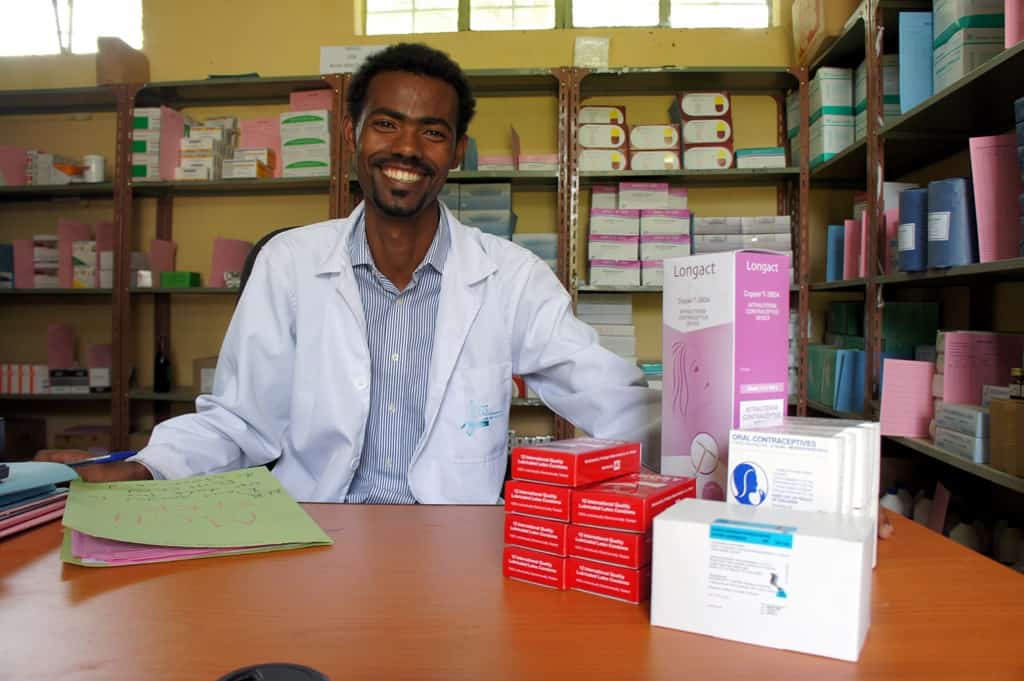
UGANDA
The RHITES-N, Lango project aims to improve access and availability of integrated health services and uninterrupted availability of essential medicines and health supplies throughout the Lango sub-region in northern Uganda, where up to 466,000 people were displaced during 20 years of conflict.
RHITES-N, Lango supports health supply chain efforts to improve the end-to-end visibility of commodities by linking facilities to the Pharmaceutical Information Portal, training staff on the use of electronic logistics management information system, and helping districts report the stock status of vital commodities through a weekly real-time ARV stock status system.
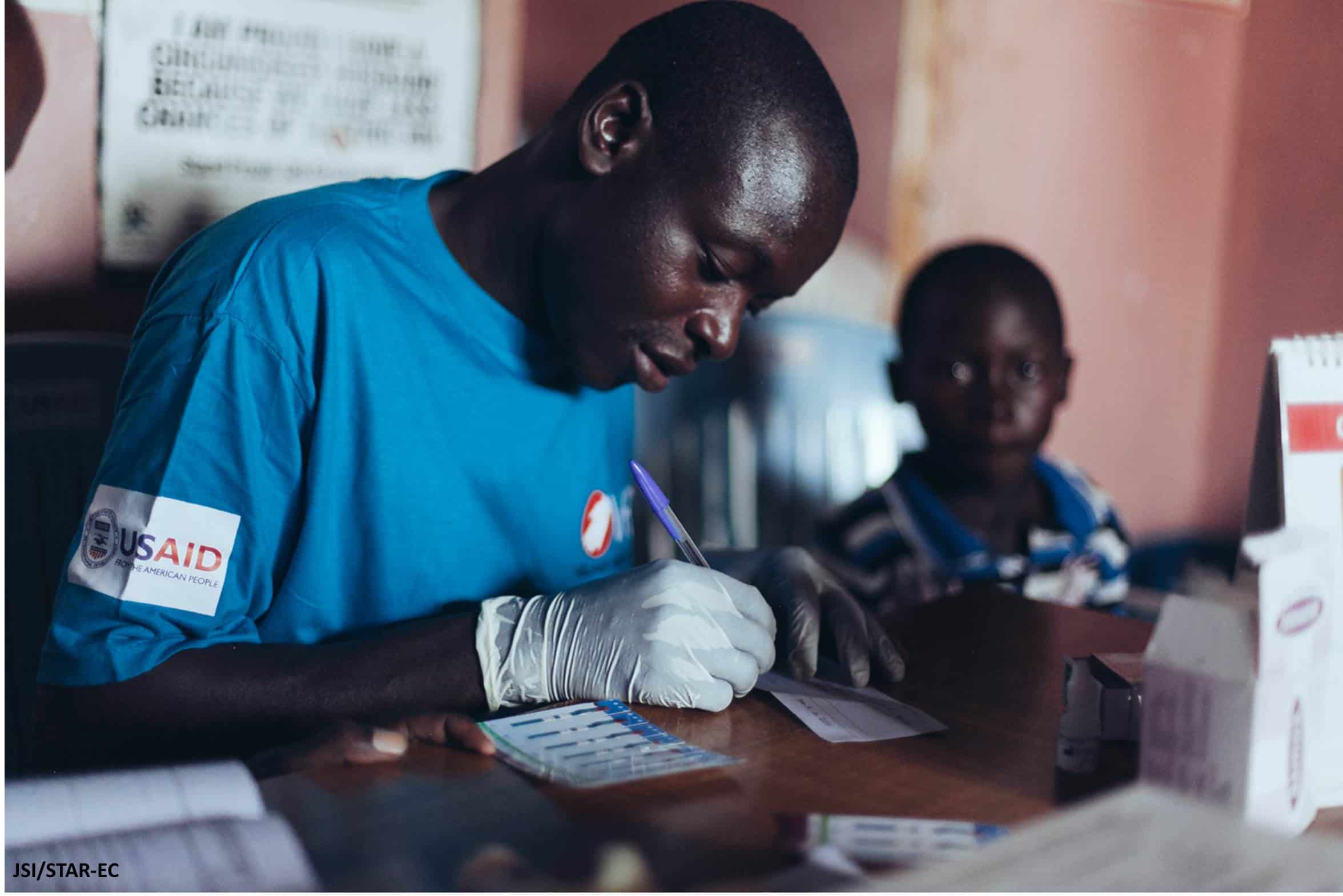
EGYPT
Since 1982, we have worked with the Government of Egypt and USAID to improve the health of Egyptian families. The Strengthening Egypt’s Family Planning Program activity reduces the unmet needs of women and men for family planning services and supplies. We improve access to family planning by supporting the MOHP vision of an expanded method mix, multi-sectoral delivery of services and supplies, and contraceptive security.
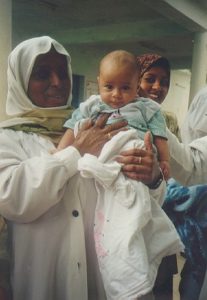
YEMEN
Since 1988, we’ve managed public health programs in Yemen to improve maternal, reproductive, child, and newborn health and strengthen the supply chain. We currently manage the USAID-supported Systems, Health, and Resiliency Project (SHARP) to strengthen the health system and improve priority health services in three governorates with an emphasis on reproductive, maternal, newborn, child health, and nutrition.
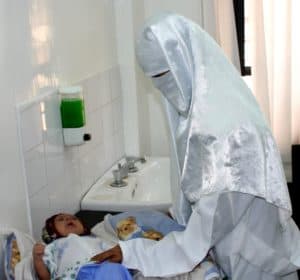
SHARP coordinates with partners to identify and solve challenges in health service delivery and commodity management by assessing service and logistics capacity at the facility level and reviewing national health supply chain management guidelines and promoting supply chain resiliency and responsiveness.
Even the families who can reach health facilities cannot find good-quality services because well-trained service providers and/or proper equipment and supplies are unavailable. SHARP aims to start closing these gaps.
-Suaad Shaker Al-Hetari, MD, tech director of SHARP.
KYRGYZ REPUBLIC
Since 1992, JSI has partnered with the government in the Kyrgyz Republic to strengthen the health system at all levels and provide high-quality health services. Through the USAID Cure Tuberculosis Project, we support the government to ensure that TB services and supplies are high-quality and accessible, even for the country’s most hard-to-reach citizens.
To improve the national TB response efforts, JSI strengthens the systems, tools, resources, and human capacity by updating the regulatory framework and TB laboratory and drug management guidelines.

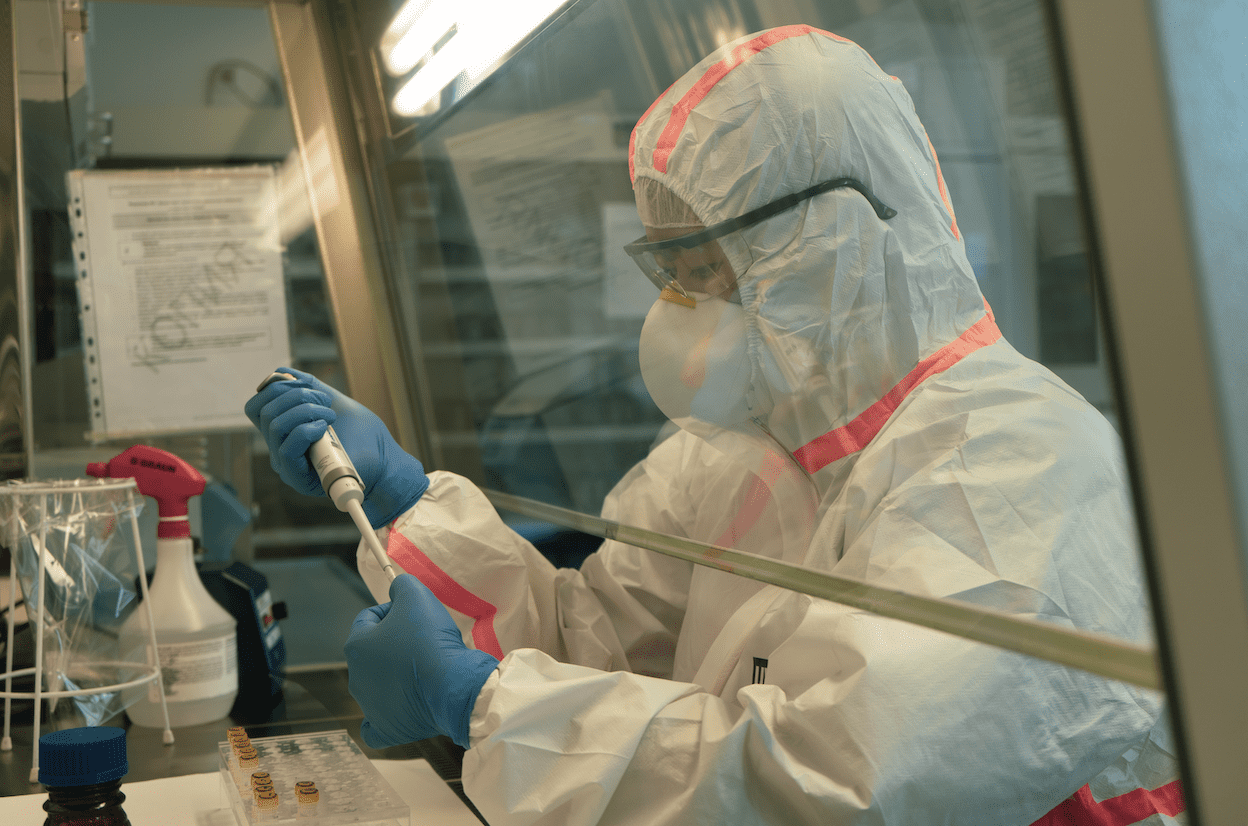
PAKISTAN
For more than 25 years, JSI has supported the Government of Pakistan to strengthen the health system, including the supply chain to improve maternal, newborn, and child health outcomes, and address the global health security agenda.
JSI, in partnership with USAID and the Government of Pakistan, developed a contraceptive logistics management information system (cLMIS) to ensure contraceptive supply and commodity security. The cLMIS improves supply chain data visibility and is used for logistics planning, forecasting, and inventory management.
Today, JSI is implementing the IHSS-SD Activity, a three-year, USAID-supported initiative which works in the provinces of Khyber Pakhtunkhwa, Balochistan, Sindh, and Punjab. Through this activity, we designed a real-time monitoring and supervisory system to validate data for better decision-making.
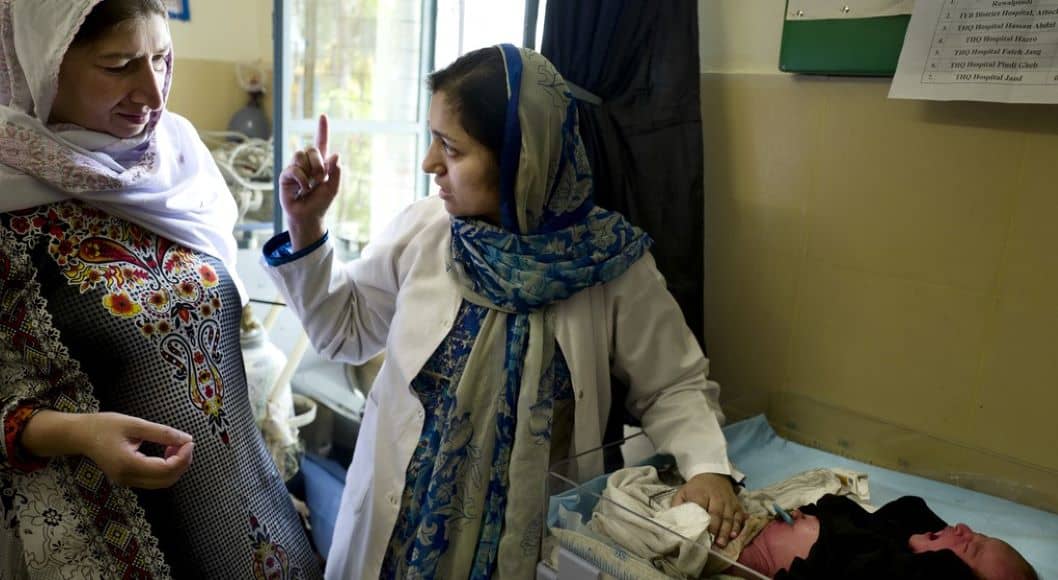
PACIFIC ISLAND COUNTRIES AND TERRITORIES
We are working with UNFPA Pacific and eight national governments to support universal access to high-quality integrated sexual reproductive health services and supplies. Our support includes redesigning national reproductive health supply chains, improving data for decision making, bolstering health facilities and service readiness, and strengthening the policy environment to support “zero unmet need for family planning.”
We are strengthening use of a regional reproductive health digital platform that aggregates data from multiple sources to streamline ordering and generate real-time data dashboards to support reproductive health programmatic and supply decisions.


JSI HEADQUARTERS
Our work is far from over. JSI is committed to ensuring that people have on-demand access to high-quality, affordable health supplies where, when, and how they want to receive them.
In this ‘30-second challenge,’ Edward Wilson, director of JSI’s Center for Health Logistics, predicts the role that clients will play and the tools they will use to transform supply chains to meet their own health needs.
Learn more about how JSI is helping our customers build resilient and responsive supply chains that can overcome today’s health challenges, while offering new supply chain solutions to meet tomorrow’s health priorities.
Partner with Us
We strive to build lasting relationships to produce better health outcomes for all.

